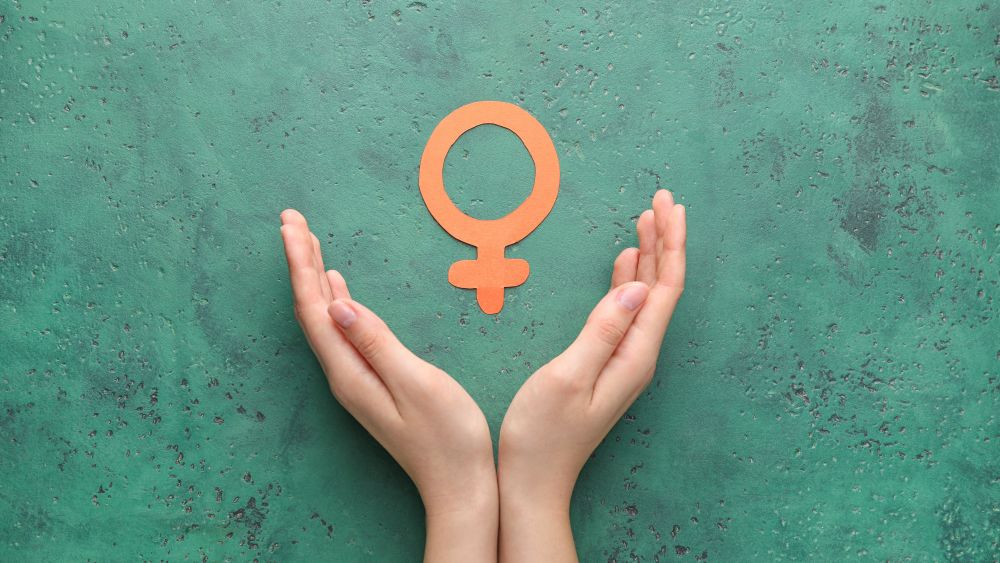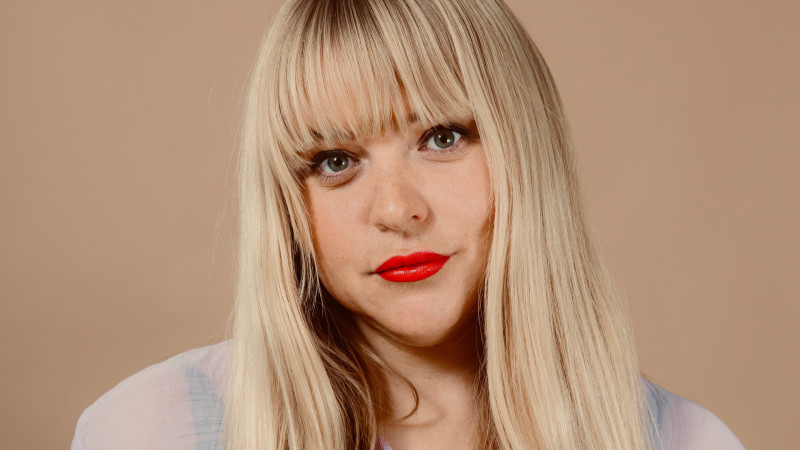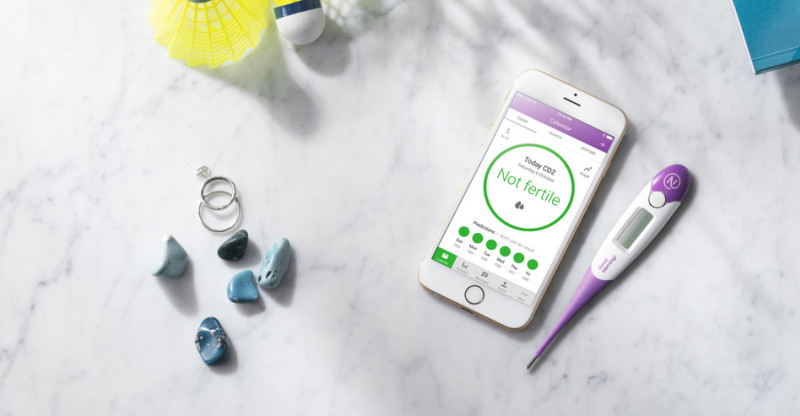- Iterate
- Meet The Team
- Why ŌĆśFemtechŌĆÖ Is The Next Big Thing in Digital Innovation
Why ŌĆśFemtechŌĆÖ Is The Next Big Thing in Digital Innovation
Femtech is a billion-dollar market waiting to be explored. According to market research company Emergen Research, in 2019, the global femtech market was valued at over $18B, a number expected to reach $60B by 2027. The Org reached out to femtech companies to talk about the growing industry.

After her period abruptly stopped because of stress hormones, Amy Thomson realized that womenŌĆÖs menstrual cycles were much more complex than she initially thought. In order to help more women understand their bodies, Thomson began to work on building Moody Month, a hormone cycle tracker app.
"I realised hormones were the connection between emotional and physical health, meaning that this should be a daily mood and symptom tracker, not focused on fertility on contraception, but on how to optimise your emotional health through a better understanding of hormones," Thompson said in an interview with The Org.
Thomson believes that femtech is a billion-dollar market waiting to be explored. In fact, that women are likely to spend 29% more per capita on healthcare than men and are 75% more likely to use digital tools for health-related information. According to market research company , in 2019, the global femtech market was valued at over $18B, a number expected to reach $60B by 2027.

The WomenŌĆÖs health market is also extremely expansive and can be segmented into multiple areas, including , and many more. Currently, a market in femtech that does not have a dominant key player is the menopause industry. As women over the age of 65 will increase from , the market will see a growth in value as well.
ŌĆ£What this means for female founders is there are huge opportunities if you can stay motivated and keep moving forward with proving the commercial viability of your products and markets,ŌĆØ Thomson said. ŌĆ£We are moving away from an era of just proving you can build an audience and into an era where there is more need for commercial proof points.ŌĆØ
In a sector that has largely been overlooked, receiving only , the Femtech industry is filled with untapped potential. Despite the recent surge in interest in the industry, reports that funding for Femtech is actually on the decline, from 4.7% in 2018 to 3.3% in 2019. The report suggests that this is largely due to a saturated period tracker market.
Perhaps one of the more successful companies in the period tracker space is contraceptive app Natural Cycles. In its latest round of funding, led by EQT Ventures in 2017, the company raised a $30 million Series B. The app was created by Elina Berglund in 2013, who felt that there were too few non-hormonal and non-invasive birth control methods for women. The company's success did not come easy.
"One of the biggest hurdles we had to overcome was getting regulatory approval as the first birth control app, something that had never been done before," Berglund, the co-Founder and co-CEO at Natural Cycles, said.
Natural Cycles has been cleared as a medical device that can be used for contraception by the FDA in the US and is CE marked in Europe. Berglund says that neither of the processes to get these certifications were easy.
"For the FDA specifically, we produced a clinical study with more than 15,000 women in the US investigating the effectiveness. In addition, we have to date published 4 clinical studies on effectiveness in peer-reviewed journals," Berglund said.

Femtech companies are often founded by women, for women. It is estimated that of founders in femtech identify as women. Despite that female-run startups have proven to deliver twice as much per dollar compared to male founded companies, startups led by women often have to prove their worth before investors are willing to put money behind their businesses. In fact, even though funding for start-ups reached an all-time high of in 2020, funding for women-led companies dropped by .
A recent study by suggests that one of the biggest challenges in Femtech is pitching to male investors. Only of VC investment goes towards female-founded companies, and barriers to funding disproportionately affect the femtech industry.
ŌĆ£The female body can be a taboo topic and a lot of the time we donŌĆÖt show it outside and we try not to talk about it, so we are really carving out a space for something new that has not been here before,ŌĆØ Christiane Gross, International Development Lead of breastfeeding and motherhood app Lactapp, said in an interview with The Org. ŌĆ£What keeps us going is the women that use our service, and that really see the value and that we can help every day.ŌĆØ
Femtech companies are currently tackling essential issues around women's health and fitness. There is a lot of potential for growth in this area, and investing in the market will play a key role in making women's health more accessible and affordable globally.
--
The Org is a professional community where transparent companies can show off their team to the world. Join your company here to add yourself to the org chart!
In this article


The ┬▄└“┬ę┬ū helps
you hire great
candidates
Free to use ŌĆō try today

